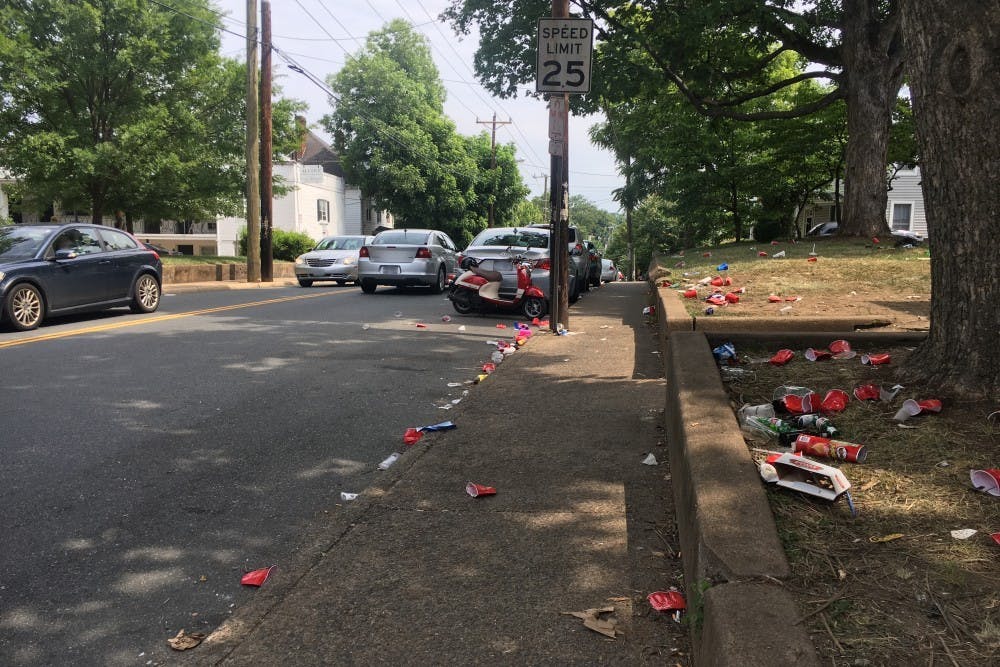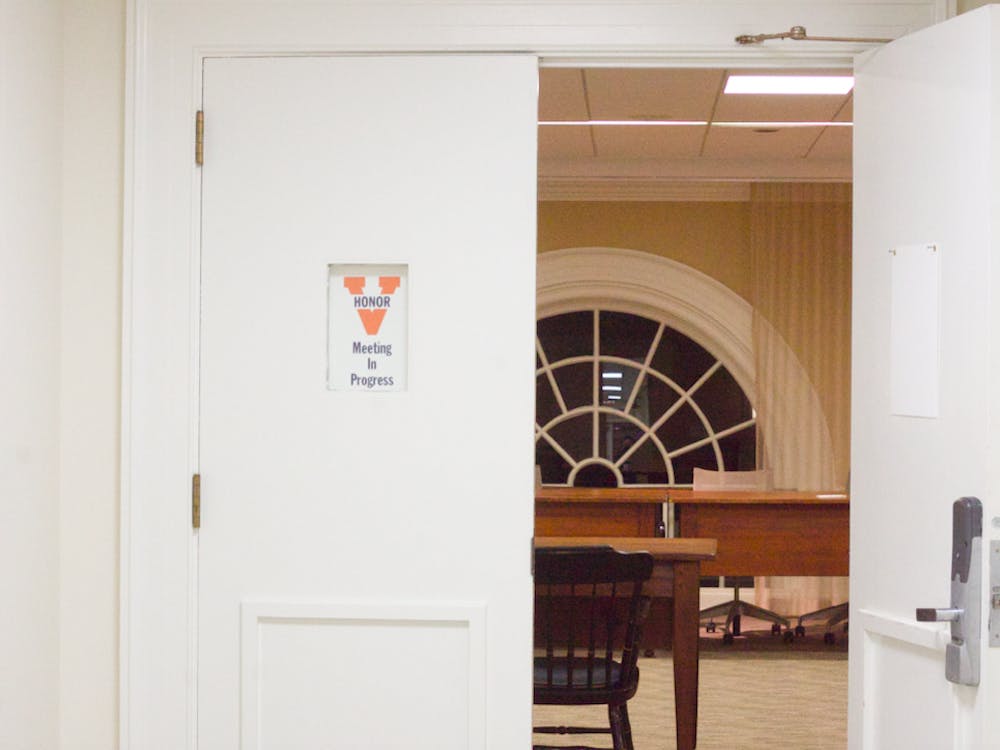When we talk about history, we often fixate our discussion to a location and time strictly in the past, discounting the fluidity of the historical narrative. Yet, the consequences of a historical incident permeate all the way down to the details of an individual’s life, an individual who may not even have witnessed this lived experience. In the case of the environment and the tangible advancement of climate change, this story reads true. These changes in our moment of history inherently write each of us into the storyline — the story began before we held the pen, but we have a say in how it ends. College campuses serve the purpose of responding to the greater context of incidental consequence, and in the context of the suffering environment, we have the capacity to initiate small, grass-root level change in the attempt to tackle an issue of such gravity.
College campuses across the country have become increasingly concerned with the issue of recycling and waste management, as the impact of environmental damage casts a darker shadow than ever before. University recycling services’ pursuit of zero waste in order to boost diversion rates, sustainability and the institution’s overall green image should be commended. However, these strategies for making campuses green fall short on many accounts. While universities seem to be doing their part, Greek life, specifically fraternities, has largely overlooked its role in the process.
The University has pledged to enable the development of meaningful progress in sustainability, launching its first Sustainability Plan consisting of 23 goals and actions in 2017. One of the goals is to reduce the total tonnage of waste generated through the diversion of waste. There are countless recycling bins in academic buildings around the University in order to facilitate this management of recycling and opportunities for diversion. In 2016, the University successfully “diverted 45.7 percent of all waste from the landfill by recycling 6,917 tons of material.” This is a substantial benchmark achievement. However, these efforts need to be sustained outside of the classroom, off-Grounds as well.
The University’s fraternity community accounts for roughly 35 percent of the undergraduate student body. While some fraternities do have recycling containers or street-side refuse, as it stands, most employ private trash companies to collect their waste after parties. There have been several initiatives over the past few years to encourage the Greek community to go green, so red plastic cups and beer cans do not make their way to the landfill. In 2011, the Inter-Fraternity Council (IFC) founded Greek Recycling, which sought to recycle reclaimable materials by encouraging members to fill the provided recycling bags at the end of the weekend. This year, fourth-year College student Connell Erb, took matters into her own hands after growing tired of seeing cans, bottles and cups masking green lawns. With a professional crew, Erb collected nearly 200 pounds of cans and 30 bags of paper, glass and plastic recyclables in one weekend. Her ultimate goal “is to make this a sustainable, long-term system” for the Greek community. These efforts speak to the necessity of addressing the overwhelming lack of recycling plans within Greek houses. It is the job of the Greek Council, more specifically the IFC, to take this issue up and mandate that the Greek community have a more organized, streamlined system for recycling.
There are a number of other steps the Greek community can take in order to further combat environmental degradation, such as limiting energy consumption from fundraisers and social events. In this vein, fraternities and sororities could buy personal carbon offsets in order to restore the balance of their carbon emissions. The purchase of carbon offsets “support(s) emission reduction projects in communities around the United States.” In turn, members of Greek life have the chance to account for their carbon footprint by funding an alternative clean energy project.
We can no longer live outside of history — we have to let the consequences of living unsustainably inform our experiences in order to be a part of these apparent forces. It is easy for each of us to be swept up in the vortex of history. It is easy to let go of those things that are larger than oneself in order to hold on to individuality — but, as Erb expresses, “nobody else has stepped up to the plate,” so she is working to write a new ending for an unforgiving beginning. In mandating fraternities to take part in this effort that the University champions, we are encouraging positive habit-forming behavior and laying the groundwork for the cultivation of a more socially responsible community.
Lucy Siegel is an Opinion Columnist and was the 128th Opinion Editor of The Cavalier Daily. She can be reached at l.siegel@cavalierdaily.com.






